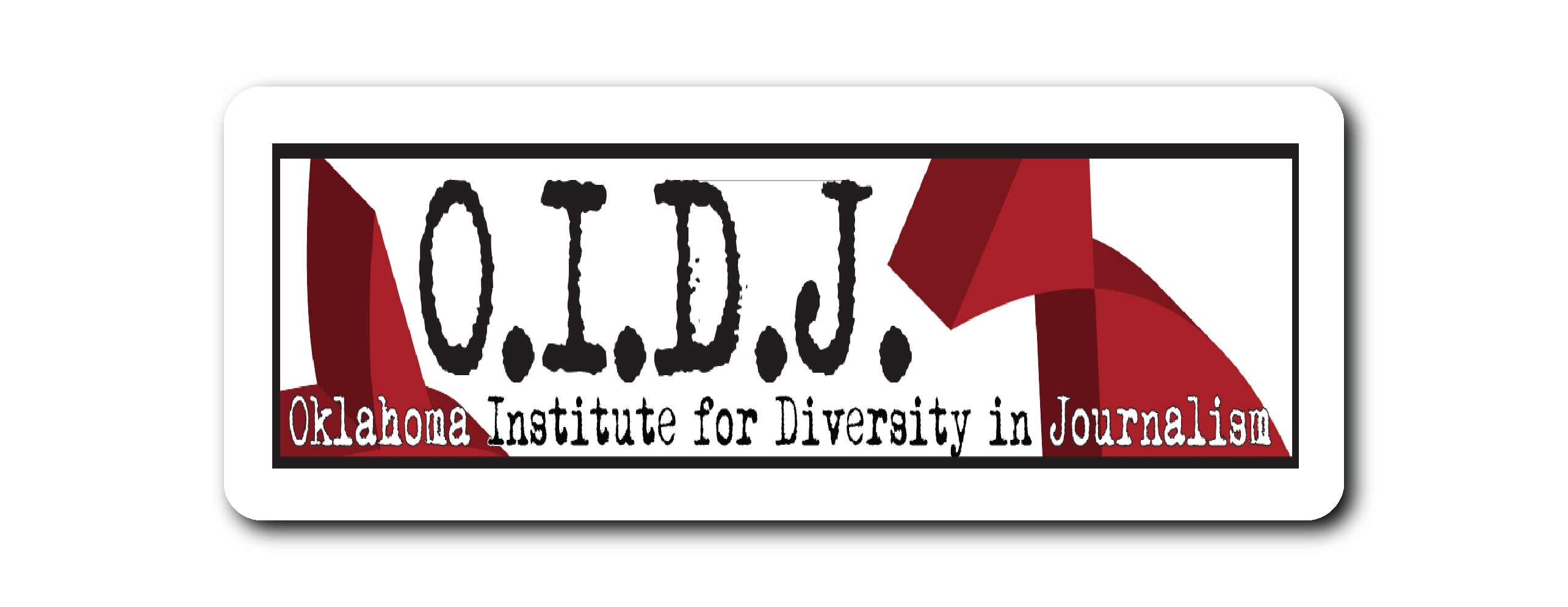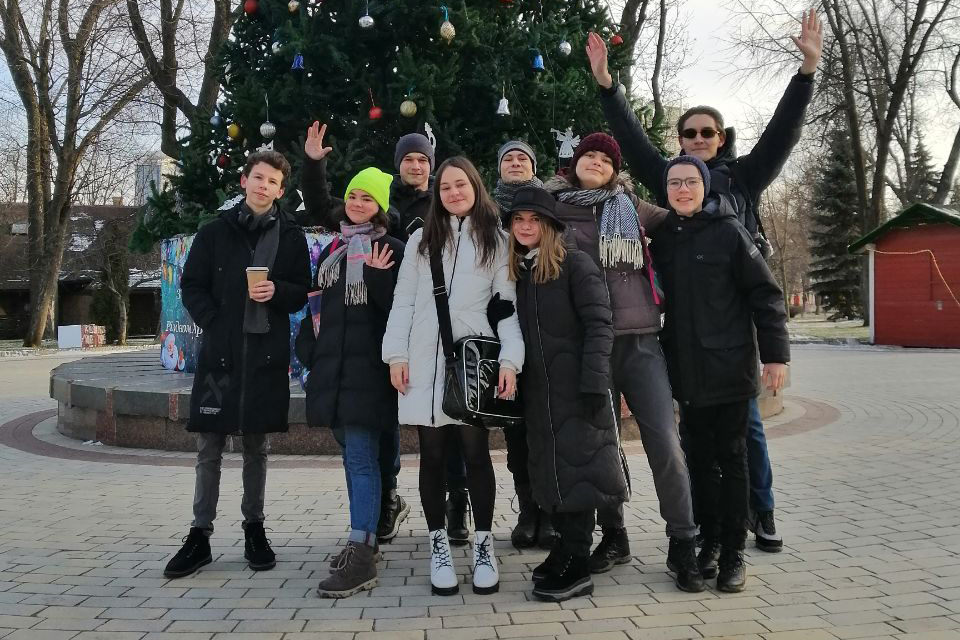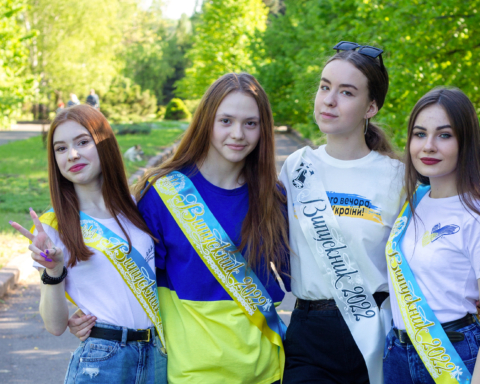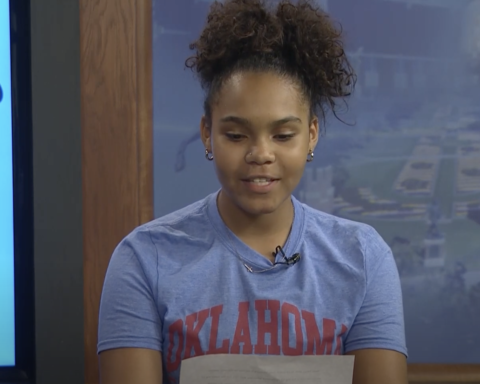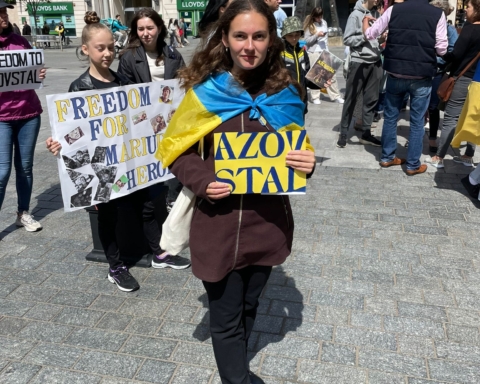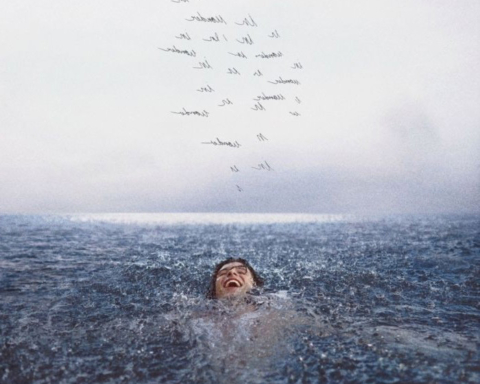by Stephanie Avtonomova, Ukrainian Catholic University
The Russo-Ukrainian War is an ongoing war between Russia, together with pro-Russian separatist forces, and Ukraine.It was started by Russia in February 2014 following the Ukrainian Revolution of Dignity, and initially focused on the status of Crimea and the Donbas, internationally recognized as part of Ukraine. The first eight years of the conflict included the Russian annexation of Crimea and the war in Donbas between Ukraine and Russian-backed separatists, as well as naval incidents, cyberwarfare and political tensions. Following a Russian military build-up on the Russia-Ukraine border from late 2021, the conflict expanded significantly when Russia launched a full-scale invasion of Ukraine on Feb. 24, 2022.
The full-scale war in Ukraine now has been going on for more than 140 days. During this time, thousands of soldiers and civilians were killed, more than 20,000 war crimes were registered in Ukraine, and 12 million Ukrainians left their homes with 8 million of those going abroad.
Now the whole world is observing the war in Ukraine. While the military is fighting for the independence of the country of freedom, every Ukrainian is trying to be start life over. Let me share with you stories of three close 18-year-old friends who were separated by war, like millions of Ukrainians.
Stephanie
Before the full-scale invasion, I studied at the Ukrainian Leadership Academy in Lviv. On the morning of Feb. 24, I woke up from the sound of airplanes and for the first time heard the siren. Together with other students, I packed my clothes and went down to the shelter, where we lived for a week. Then we were evacuated for 10 days to a mountain village in the Carpathians. When we returned, Lviv was already overcrowded: 300 refugees lived in the college. At the beginning of April, I switched to distance studying and moved to Kamianets-Podilskyi, because it was safer. There I met my mother, who evacuated from Kyiv on Feb. 24 with her colleague.

At the end of May, we moved to London under the Homes for Ukrainian program. There we met my sister, who moved to London in October.
All this time, I was actively engaged in volunteering. My friend Paulo and I created a YouTube channel, “Profuture,” on which we publish lectures about Ukrainian universities. Now I work as a social media manager for a non-governmental organization, which helps children affected by war. I also actively spread information about the most important events on my pages in social networks, help with fundraising for military equipment and represent Ukraine at international projects.
This year, foreign universities offered various opportunities for Ukrainian, but I wanted to study only in Ukraine. The Ministry of Education completely changed the university admission system, so I faced many challenges, questions from family and friends, and went through a difficult university selection process.
Fortunately, I managed to get a scholarship to study liberal arts at the Ukrainian Catholic University in Lviv.
Ruslana Pyatushko
I had come back to Lysychansk from Kyiv just two days before the full-scale invasion. It was my planned visit to home. I did it once a month. I didn’t believe something big and painful was coming from Russia; I just was living my life. On Feb. 24 I woke up from an explosion but still didn’t know about global changes, because in my region from time to time we heard sounds like this, so it wasn’t strange for me, and I went back to sleep.
When I woke up my phone was full of messages from my friends, a lot of news about the new status of the war and even after seeing all of the ruined buildings, victims and so on, I wasn’t scared because I had seen it before, in 2014, in my beloved Lysychansk.
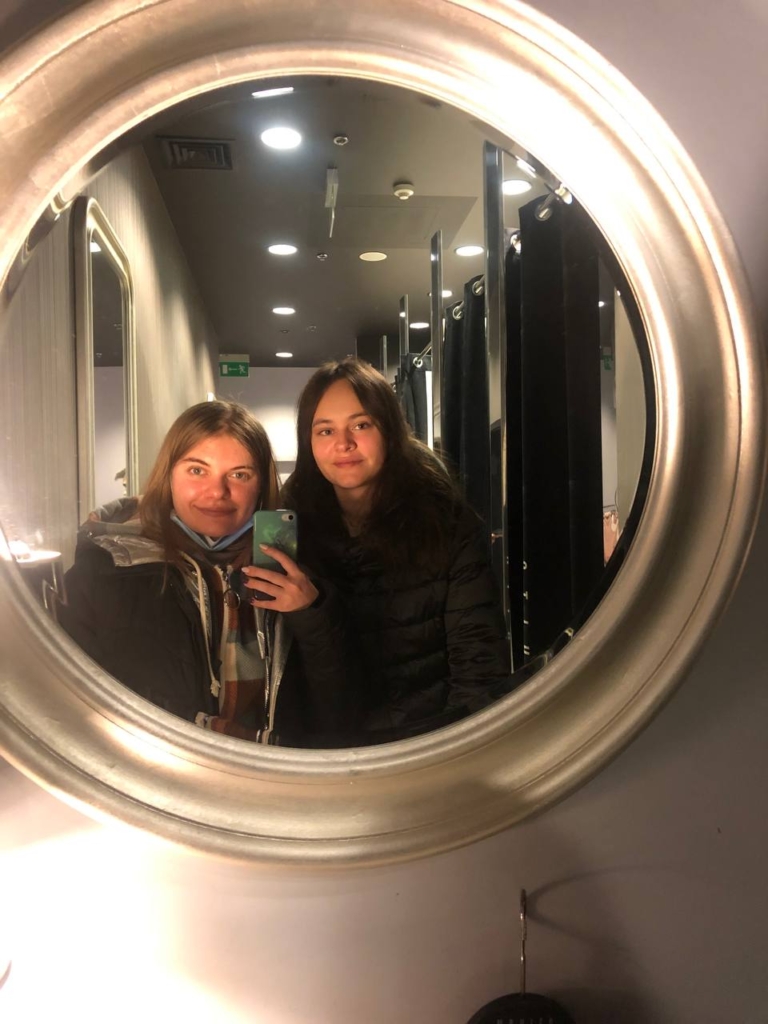
At the fourth day of the war, Russians started to bomb my city with the fierce aggression – it wasn’t just one or two rockets a day, but 20 to 30 and we began to go sleep in a shelter. That seemed safer than staying in the basement of private house in the event it crumbled and no one would know we were there.
Shots escalated. I was so scared to go through this a second time that I asked to be evacuated. My sister and I stood throughout the 48-hour train ride (due to a big amount of escaping people) to Poland. My mother stayed in Lysychansk because she is a doctor. It was horrible, but then she came to us too, after the hospital was closed.
In Poland we were hosted so well that I would remember this all my life. We were hosted by a simple family of Poles, they understood us very much, they loved us very much. Then I learned about the occupation of Lysychansk. It felt like my heart had been torn out. Before that, I cried every time I saw photos of places familiar to me from childhood, but now it was a different, even more painful feeling.
After that we decided to return to Ukraine. We have come to terms with the loss of our home for the near future, so now we are starting a new life in a new city. This week I am finishing my second year at the Faculty of Law of NaUKMA, and then I will be on an internship at a law firm. My friends don’t know that I’m back in Ukraine. I want to meet everyone, I need to return to social life. I don’t want to admit that the occupiers were able to achieve their goal — to destroy my world. They won’t get it.
Paulo Coleman
For a year, I felt like there was going to be a full-scale war. The topic of invasion started to become active in January and I panicked. On Feb. 23, I had a planned trip for a few days to visit my friend. But on the night of the 24th, a full-scale war began, so I was forced to stay in Poland for several months.
Initially, I felt a complete misunderstanding of what will happen to my life and family in Kyiv. I walked the streets of Krakow and realized that my past life might be destroyed.
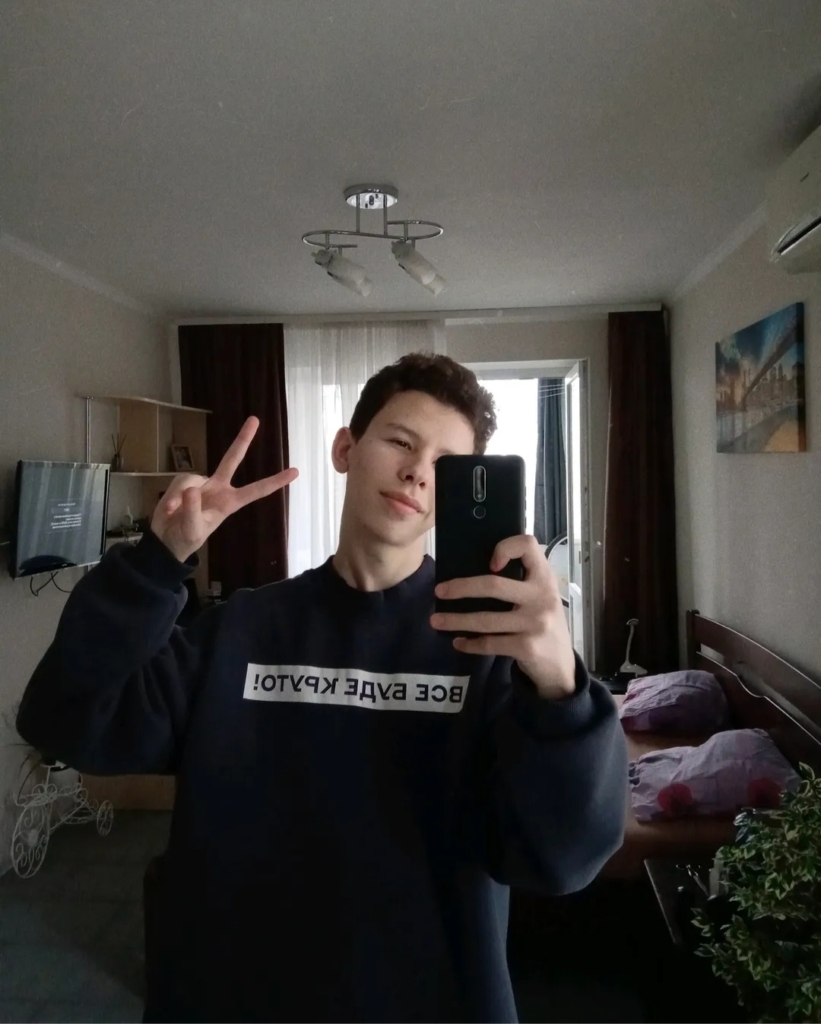
As the war’s toll mounted, so did my depression, making it very difficult to plan my day and continue living. Only my favorite thing saved me: my blog on social networks, where I write about my experiences. I was far from my family and friends, and my life completely changed. At the same time, I took various online courses, worked on my thesis and prepared to graduate from college. Fortunately, I managed to do my job well and have become one of the most successful graduates. This experience made me grow up several years in a few months.
After three months, I adapted to the new country and even made new friends. I began to actively do what I had been putting off for later.
Because “later” may not come.
On July 1, I returned to Kyiv. Despite the fact that the war made entering the university a very difficult issue, especially for boys, I am preparing for the exams and plan to enter the Kharkiv Academy for IT. I continue self-development and blogging as well.
According to these stories, you may get the impression that the situation in Ukraine is stabilizing. In fact, it is not. People just learned to live in new cruel realities. Even though summer is outside, for all Ukrainians, Feb. 24 has not ended yet. The war continues, people die. Vladimir Putin will not stop at Ukraine. If we don’t win, he will move on.
Ukrainians are very grateful for the support of the American public, but I know you can do more. Therefore, I urge everyone who has read this article to help as much as possible: spread information on social networks, donate money to Ukrainian foundations, use your connections. I am sure that we will manage it.
Stay with Ukraine!
